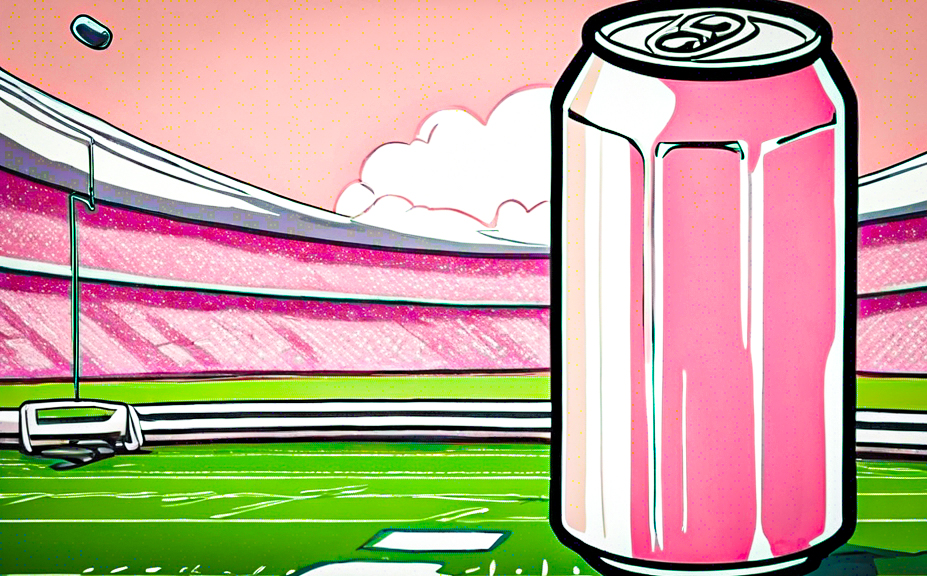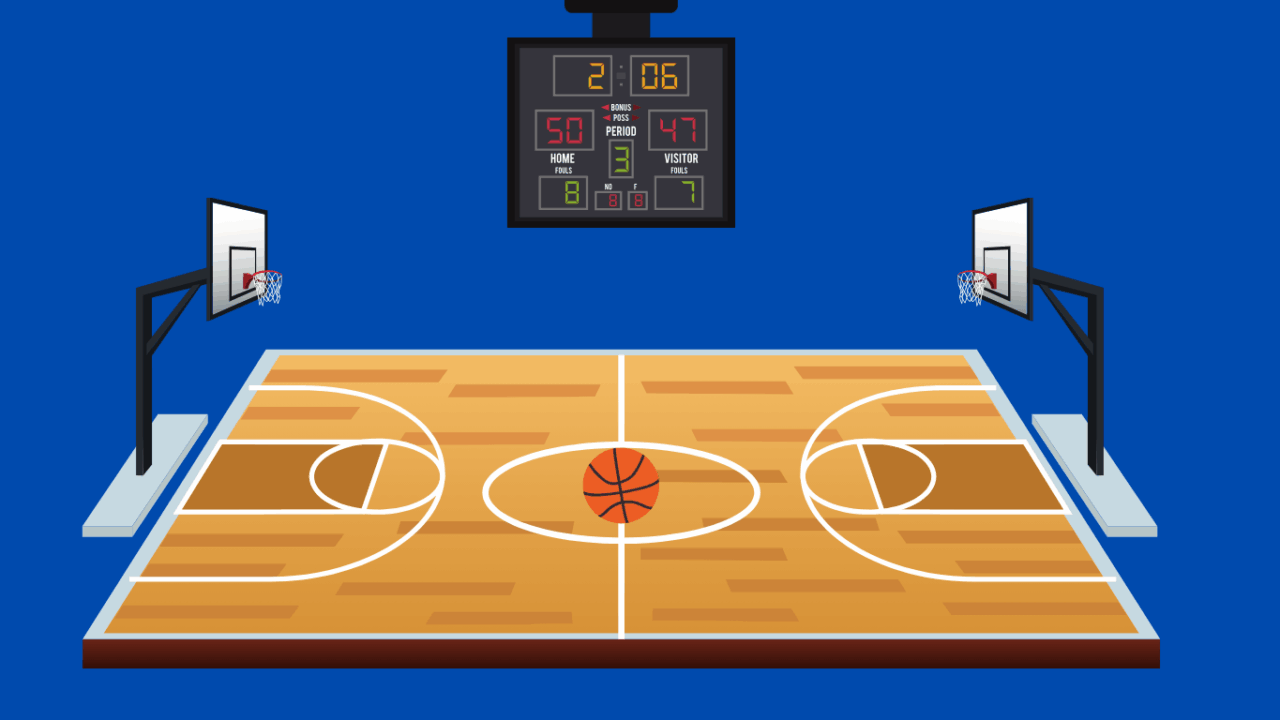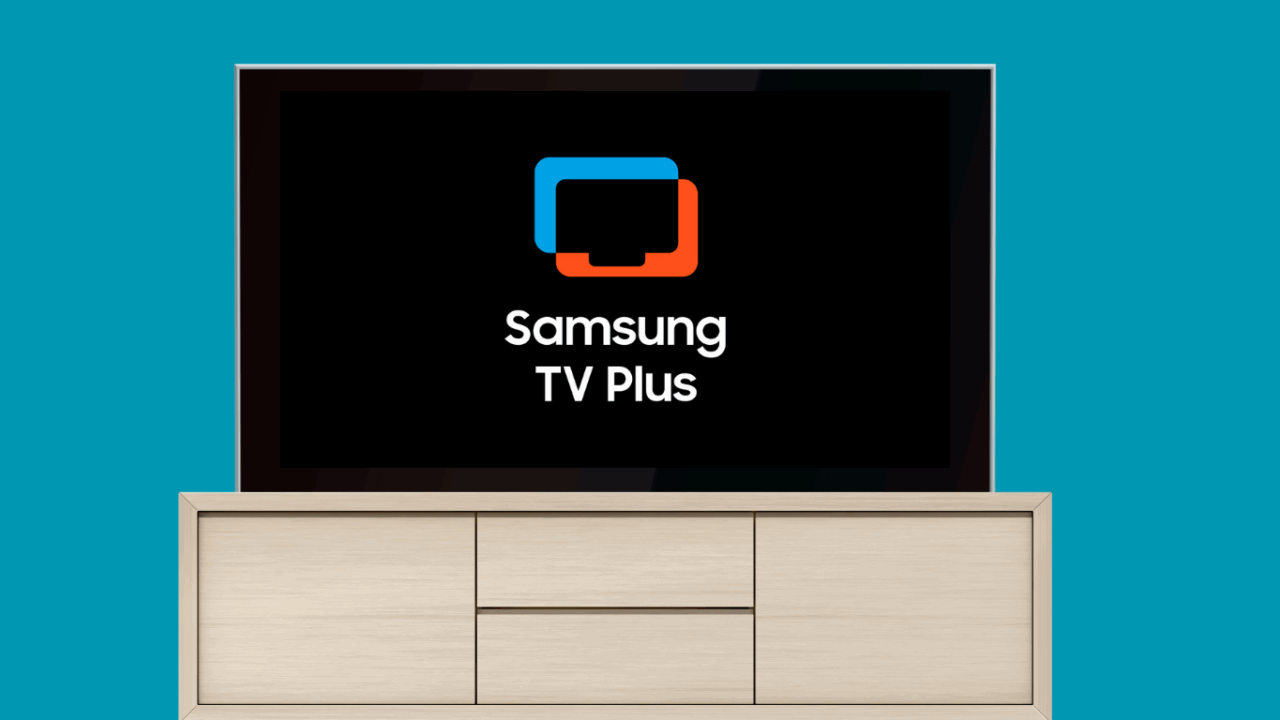Examining Poppi’s Super Bowl Ad and its Impact on the DTC Landscape

Poppi made history as the first direct-to-consumer (DTC) soda brand to air a Super Bowl commercial, marking a significant milestone in advertising.
Through the use of nostalgia marketing, Poppi invoked a sense of familiarity and nostalgia by referencing the mid-2000s at the beginning of the advertisement, successfully tapping into multiple trending themes. By incorporating diversity and inclusion themes into their overall strategy, the advertising further capitalized on the trend raising awareness of diversity and inclusion.
Following the success of Poppi’s team in executing Out-of-Home (OOH), influencer, and digital OOH campaigns in key cities such as Los Angeles, New York City, and Chicago, they continued their strategic efforts. The team collaborated closely with influencers to raise awareness about the brand, its products, and the associated benefits.
Samba TV, reports that poppi’s 60-second spot reached 29.1 million households as the most watched ad of the Super Bowl. Dr. Squatch was one of the first DTC brands to ever have a spot on the Super Bowl and just like Poppi, it did not have to use celebrities as the face and focus of its ad.
If approached strategically, Super Bowl ads are not inherently risky. In television advertising, many successful direct-to-consumer brands begin with fractional buys or firesales in sports, including the NFL. Initial testing measures the channel’s ability to drive traffic, purchases, and downloads.
Brands are tasked with deciding between using proven strategies or crafting something tailored to Super Bowls. As exemplified by Poppi’s successful storytelling strategy, the dilemma is often between incorporating humor or celebrity endorsements or sticking to a narrative-driven approach. An inquiry for comment was not responded to by Poppi.
Marketers have stated that this approach also enhances Poppi’s image and relevance in the market, thereby strengthening the brand’s position in the market in the long run, in addition to establishing Poppi as a brand which values and celebrates diversity.
Amit Sharan, SVP of Marketing at Tatari, observes that numerous DTC brands have shown a strong inclination towards hyper-targeting niche demographics through paid social advertising. However, while many employ performance-focused tactics to drive outcomes through TV advertising, this often results in limited reach. Sharan notes that the Super Bowl presents a unique opportunity due to its massive audience, many of whom are equally enthusiastic about the ads.
“Many DTC brands have advertised during the Super Bowl like Farmer’s Dog, Greenlight, Fiverr, Mercari, Peloton, but perhaps this is the first food and beverage DTC to make its debut and in a way that seems true to the brand,” said Sharan, “I don’t think Poppi’s ad changes the landscape, but it demonstrates how DTC brands can show up and get noticed.”
With the Super Bowl, brands are able to reach a wider audience and demonstrate their unique characteristics. As an example, Poppi’s creative concept during the Super Bowl was intended to redefine the category, considering “what your kids and grandkids will think,” suggesting that it may change the world of direct-to-consumer advertising.
Regina Tsvyrova, Chief Operating Officer at HypeFactory, observed that Poppi’s Super Bowl ad prominently featured individuals from diverse ethnicities and genders, effectively communicating the message that the drink is inclusive and accessible to everyone, irrespective of their background. Tsvyrova emphasized the importance of DTC brands integrating diversity into their year-round strategy to ensure inclusivity and accessibility for individuals from all walks of life.
“While there’s room for debate about the benefits of soda and Poppi’s statement about soda as a ‘dirty word’, the backlash it generated offers valuable lessons for DTC brands,” said Tsvyrova. “I think DTC brands will turn this negative experience into learning by revisiting their advertising strategies, focusing on promoting diversity and inclusivity, and championing the idea that people should enjoy what they like without judgment.”
With Poppi’s successful integration into one of the world’s biggest events, Tsvyrova and Sharan suggest that other direct-to-consumer brands may be inspired to explore traditional advertising platforms like the Super Bowl, creating a new opportunity for DTC brands to reach a broader audience and reshape the industry.





